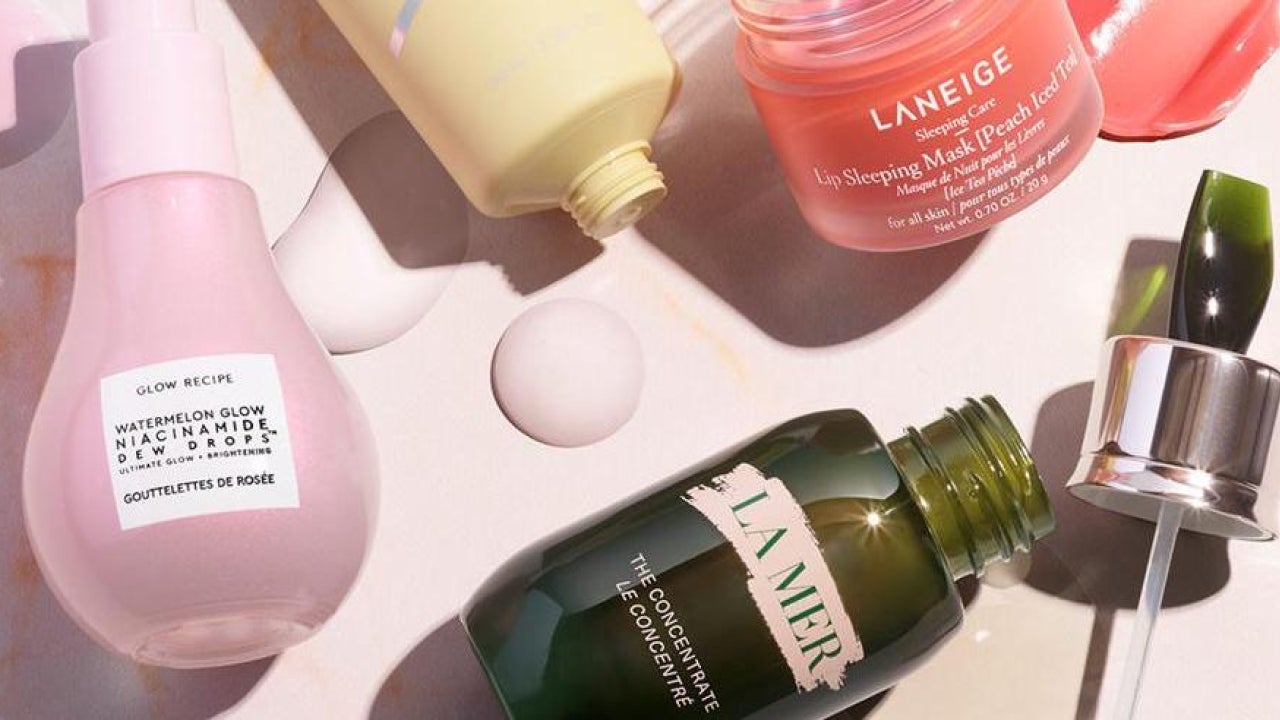THE IMPORTANCE OF SPF SUNSCREEN

A day at the beach is incomplete without the sticky feel of sunscreen
leaving white streaks across your cheeks. We wear it because we know we
have to. Dermatologists and our mothers alike have instilled into our
brains the need for a high SPF sunscreen since before we could walk. But
what exactly does having a “high SPF” sunscreen entail? The SPF on
sunscreen stands for sun protection factor, a relative measurement for
the amount of time the sunscreen will protect you from ultraviolet (UV)
rays. UVB rays primarily affect the outer layer of the skin, the
epidermis. They are responsible for sunburns and some surface-level skin
cancers. The sun also emits UVA rays, which can penetrate into the lower
level of the skin, called the dermis. UVA rays are typically associated
with “tanning.” However, the darker color of the skin is a sign of
damage to cells in the dermis. SPF numbers typically refer only to UVB
rays, but some sunscreens can protect against UVA as well. How does the
SPF tell you how long you’re protected for? Well, let’s say you
typically burn after being outside for 30 minutes and have an SPF 15
sunscreen you plan to use. You’d multiply 30 by the SPF, in this case
15. That means that you’re technically protected for 450 minutes, or 7.5
hours—do note that this is technically speaking. Most sunscreens will
wear off long before then from exposure to the elements as well as
improper application. It is recommended that you reapply every two
hours. The number of UVB rays you’re protected from also increases with
SPF, though marginally. SPF 15 blocks 93% of UVB rays, SPF 30 blocks
97%, and SPF 100 blocks 99%.
Laern more on Glowday
This page was built by Nana Nguyen